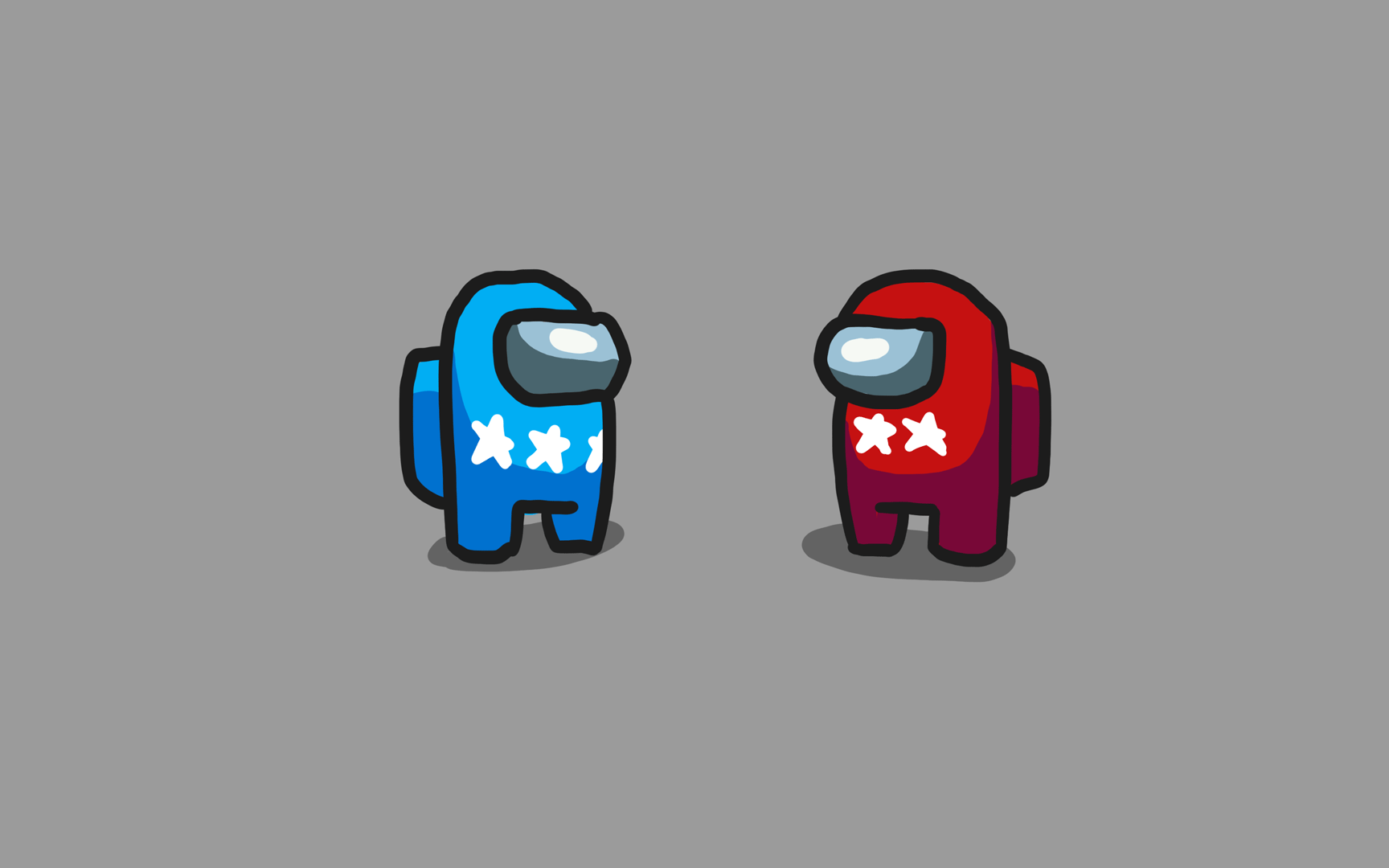The two politicians played the online game to raise money for a variety of charity organizations in the U.S.
Jagmeet Singh, leader of the New Democratic Party, joined U.S. congressperson Alexandria Ocasio-Cortez on Nov. 27 for a five and a half hour live stream of the popular online game Among Us, with a rotating group of popular online streamers.
Ocasio-Cortez used the online stream as a way to fundraise for eviction defence legal aid efforts, food pantries and community support organizations in the United States. With a peak of over 100,000 people watching Ocasio-Cortez’s stream, around $200,000 was raised.
Among Us is an online multiplayer game, where players are crew members on a spaceship, and the goal is to keep the spaceship intact and return to earth. The catch is that one or two of the crew members have been replaced by a shape-shifting alien, The Imposter, whose goal is to sabotage the ship and kill crewmates.
According to a New York Times article, Among Us was created in 2018, but gained popularity during the pandemic. Influencers such as James Charles and Felix Kjellberg — commonly known as PewDiePie — have streamed the game on Twitch, attracting millions of views.
Ocasio-Cortez first live streamed Among Us on Oct. 20, with over 400,000 views. According to a Vox article, this was one of the 20 most-watched live streams in Twitch history.
According to the article, Ocasio-Cortez is known for using media platforms and games such as Animal Crossing to reach young audiences in fun, organic, unconventional ways.
During the recent game with Singh, Ocasio-Cortez stated that she was trying to get Bernie Sanders, an American politician known for his progressive ideologies, to participate in a future game.
“I could see him getting cranky with this game,” said Ocasio-Cortez during the live stream.
Singh had over 30,000 people watching his stream, and during the game he talked to his viewers about his policies and the pandemic. He often played as The Imposter, and even had a round where both him and Ocasio-Cortez were imposters.
“Do you believe we need to bring in a wealth tax?” asked Singh while simultaneously killing other players in the game.
He mostly talked about issues affecting young people, such as how he saw that younger people were being scapegoated for going to parties and spreading the virus, while in reality young people were putting themselves at risk to work service jobs.
“I think it’s great to see politicians courting young people,” said Ethan Cox, editor and co-founder of Ricochet Media — a public interest news platform. “But to really engage younger generations, politicians need to be unabashed champions of the policy they want, such as a Green New Deal, racial justice, wealth taxes and strong social programs.”
“Playing Among Us is a great way to reach younger voters with a strong message, but you need to do more than just show up. You need to show that you will fight for the priorities of younger people,” he said.
Graphic by Taylor Reddam
